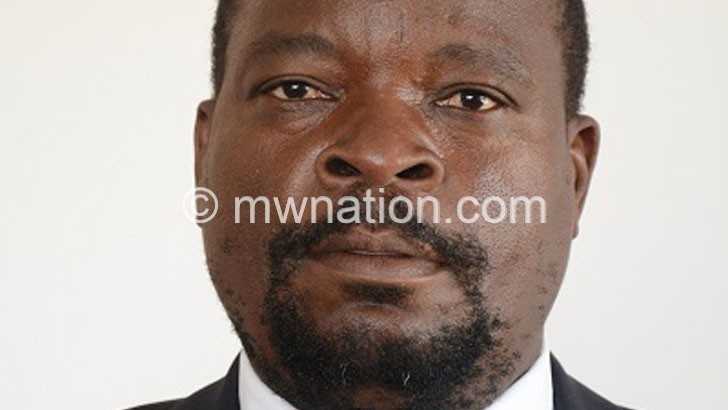Federalism motion resurfaces
Speaker of Parliament Catherine Gotani Hara says a motion proposing the introduction of a federal system of government in the country could be tabled in the National Assembly.
In a telephone interview, the Speaker acknowledged seeing the notice of the motion on her desk, but said the Business Committee, which confirms business to be tackled in the House, was yet to meet and scrutinise the content in the notice.
Said Hara: “I can confirm that I have seen the notice but I could not competently comment on whether that will be considered during this sitting. I want to see if it is meeting the requirements. The Business Committee will meet and we will see how we go about it.”

The motion, which has previously been defeated in the same House, will be moved by Mzimba North legislator Yeremiah Chihana (Alliance for Democracy-Aford) who said in an interview on Monday he will include the abolition of controversial quota system for selecting students into public institutions of higher learning.
He said he presented a notice to the Speaker’s office seeking a platform to raise the two issues in the House for legislators to find a solution. He said the issues have become a national problem.
Previously, Rumphi East legislator Kamlepo Kalua also moved the motion last year, but it was only supported by Malawi Congress Party (MCP) which has been out of the government since May 1994.
But Chihana said he feels his motion will be supported this time around because there is evidence that the national resources are not distributed equally and that the quota system has denied many deserving Malawians their right to higher education.
He said: “I will move the motion in the House. I am not looking at the fact that it was presented and defeated previously. But I am considering that the issue is becoming a national problem.”
During this budget meeting, legislators will debate for five weeks. There are two weeks remaining for them to wind up. This raises a question on whether the Speaker will pencil in the matter on the Order Paper.
Parliamentary Standing Order 74 requires a member of the House to give notice to the Speaker on the intention to move a private member’s motion.
Two weeks ago, some civil society organisations (CSOs) in Mzuzu, with backing from the Central Church of African Presbyterian (CCAP) Synod of Livingstonia, held anti-quota protests to force government to abolish the system because they believe it is selective.
In the run-up to the May 21 2019 Tripartite Elections, UTM Party presidential candidate Saulos Chilima and MCP’s Lazarus Chakwera described quota system as evil.
But education rights activist Limbani Nsapato wrote a paper in support of the quota system, saying that it is implemented to suit interests of all Malawians since it provides for equitable access to education.
However, the Civil Society Education Coalition (Csec) executive director Benedicto Kondowe faulted government for sticking to the system which he said was adopted without any empirical evidence.
In an earlier interview, both Livingstonia University (Unilia) political commentator George Phiri and Chancellor College political Scientist Mustafa Hussein warned that government should find a lasting solution to end the impasse on the two issues.
Ministry of Education, Science and Technology Principal Secretary Justin Saidi backed the system, saying that it is the best for selecting students into institutions of higher learning because it creates an equal opportunity for all to share resources.
In 2006, President Peter Mutharika, then a professor of international law at Washington University School of Law in the United States of America, proposed federalism as a solution to address the issue of national unity.
He expressed his sentiments in his remarks at the National Constitutional Review Conference in Lilongwe held from March 28 to 31 2006 in a paper titled Towards a More Manageable Constitution.
Ironically, in August 2014, three months after becoming President, Mutharika urged political and religious leaders against dividing the country with calls for federalism.
In making his case on the federal system, Mutharika, in his paper, observed that Nigeria successfully resolved the problems that were created by the existence of its three regions at the time of independence in 1960 into what are now 36 States and establishing one federal territory.





